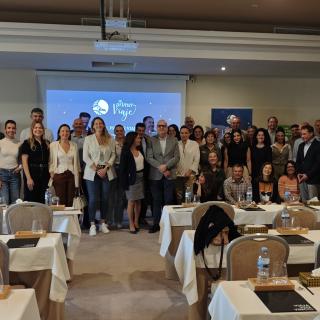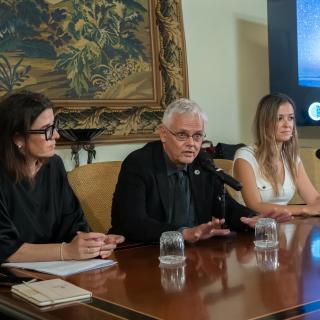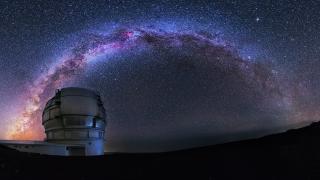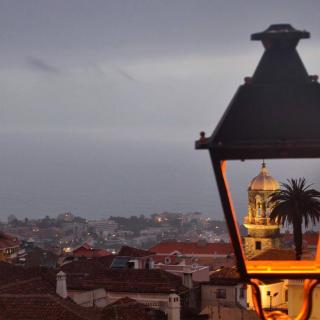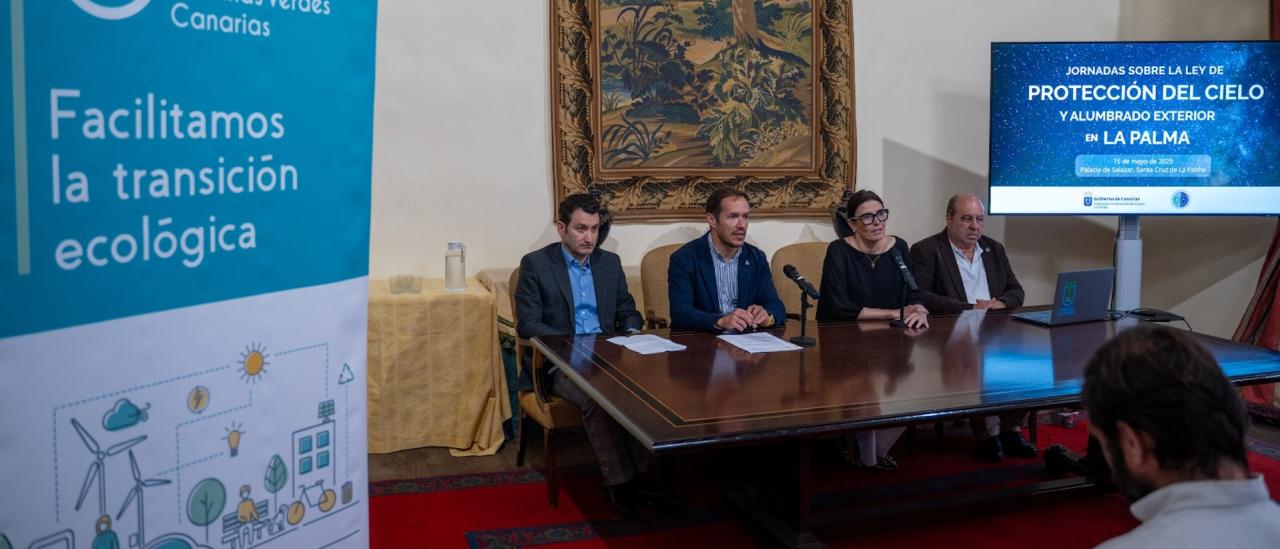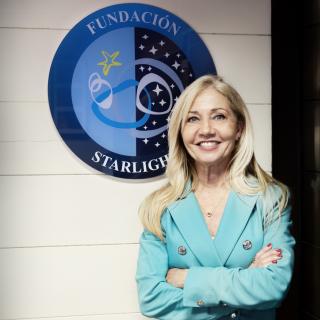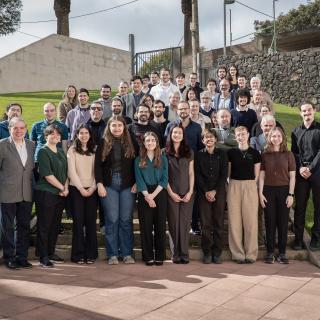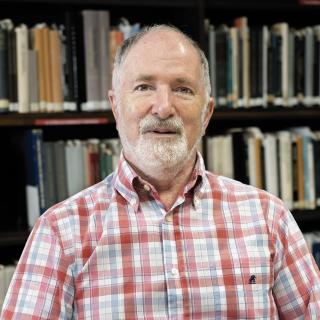The Technical Office for the Protection of the Skies (OTPC) of the Instituto de Astrofísica de Canarias has played a key role in the technical conference, organised by the Regional Ministry of Ecological Transition and Energy of the Canary Islands Government, which was held today in Santa Cruz de La Palma.
Entitled ‘Conference on the Law for the Protection of Astronomical Quality in Outdoor Lighting Installations on La Palma’, the meeting brought together architects, installation engineers and technical staff from public administrations and the business sector to resolve doubts about the application of Law 31/1988, known as the Sky Law, and its regulations, as well as the associated current regulations such as RD 1890/2008 on energy efficiency in outdoor lighting installations.
The Councillor for Ecological Transition and Energy, Mariano H. Zapata, pointed out that the aim of this conference ‘is to bring together all interested parties and promote the coexistence between the protection of astronomical quality and the economic and social activity of the island, by improving knowledge of the regulations; this will not only avoid possible sanctions but will also help to continue making La Palma the unique place that it has been for years for astronomy worldwide’.
During the meeting, the technical criteria established in the catalogue of technical specifications approved in RD 580/2107 were presented, which include indications regarding the use of LED lamps (light sources) that can be certified by the IAC and the limitation of lighting levels in accordance with the Energy Efficiency Regulation for outdoor lighting and European standards, as well as the timetable for their operation.
The opportunity was also taken to inform about all the legislation in force in La Palma, according to the competence of each administration and each professional, and to resolve all the doubts that were raised from different areas, as well as to inform about the IAC's Technical Office for the Protection of the Skies (OTPC) and all the administrative procedures linked to the Law of the Sky.
The Canary Islands Sky Law, or Law 31/1988, is a pioneering piece of legislation for the protection of the sky, especially for astronomical observation. Its main objective is to preserve the astronomical quality of the IAC observatories on La Palma and Tenerife and it addresses light pollution (artificial light that hinders observation) and radio pollution (signals that interfere with instruments) as never before.
Since its approval, the regulation has been a model for other legislation around the world and has contributed to the preservation of the quality of the skies in the Canary Islands, making a decisive contribution to astrophysical research worldwide.
